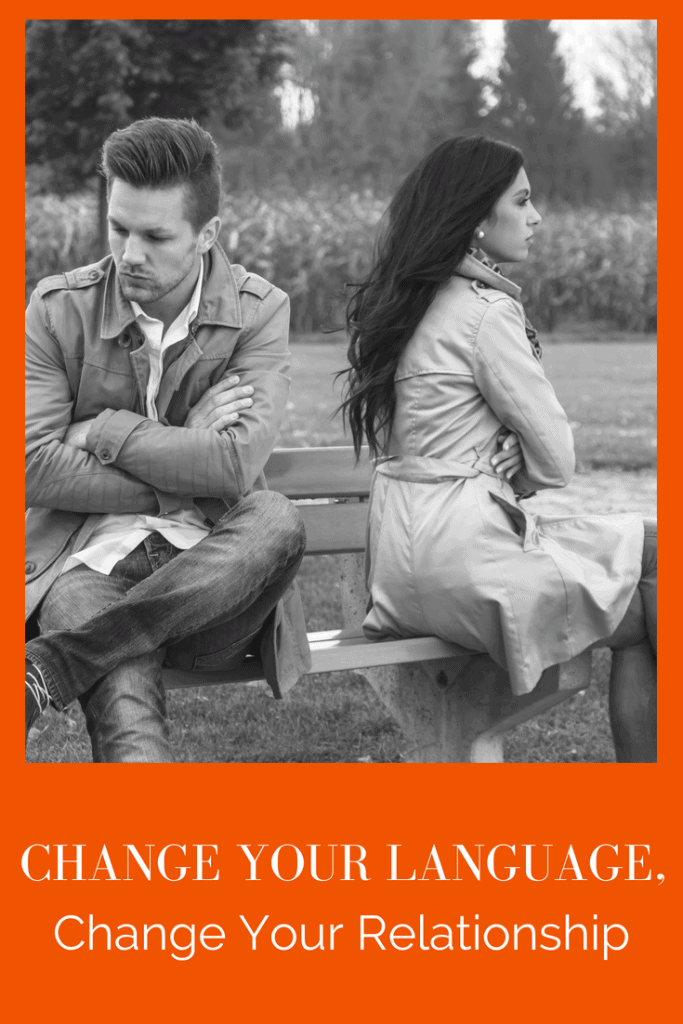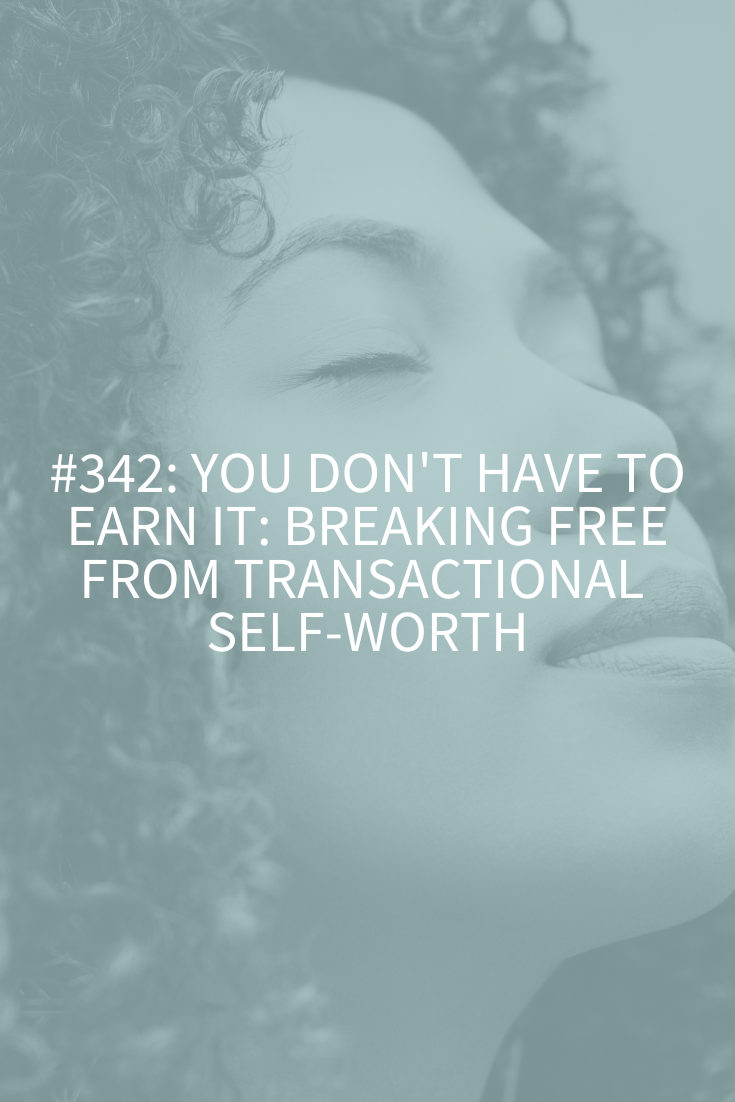
We’ve become a society BIG on words: we talk, tweet, post, text and email. Literally, thousands of words fly out of our mouths and fingertips daily. Recent studies from the University of Arizona found that we speak about 16,000 words per day (there’s no statistical difference between men and women, by the way. So, no, we don’t talk more than men), and estimates are that we likely write another 2000 words per day, depending on age, employment, etc. So, let’s say, the average adult is expressing about 18,000 words per day. WOW!
Now, I want you to think about how many times during the day you take the time to think before you express yourself (talk, tweet, post or reply to an email). From my experience (and the research supports me), I can tell you that it’s doubtful you pay much attention to the vast majority of what you say. Here’s the problem with that: your words (all your words) matter. What you say to other people, every day, creates the tone and basis of your relationships.
Often snapping and judgmental at work? That’s going to show in those relationships. Always exhausted and don’t want to talk when you get home at the end of the day? That’s going to show up in those relationships as well. Your level of satisfaction and happiness in your life is directly based on the level of satisfaction and happiness in your relationships. Your communication in those relationships is at the core of how successful (read “happy,” you are). So, why aren’t you paying more attention to all the words you’re using in those relationships?
The words you use always matter. Not just some of the time, or in certain situations, but all the time.
As I was researching language and how we use it for this post, I came across a paper on Language and Social Behavior by Robert Krauss of Columbia University and Chi-Yue Chiu of the University of Hong Kong. They say, “acts of speaking can be regarded as actions intended to accomplish a specific purpose by verbal means.”
What does this mean? Any time you speak, you’ve got a “specific purpose,” otherwise known as an agenda: maybe you want to assert something so that others think you’re knowledgeable about a certain topic. Maybe you need information, so you ask a question. Maybe you’re uncomfortable and need something to change, so you make a request. Maybe you feel lonely, so you reach out to connect. Maybe you’re angry or resentful, so you say something with the intention of hurting the other person. Maybe you don’t want to miss dinner, so you text to check on what time everyone will be sitting down.
No matter what you say (and this could be a face-to-face dialogue, Tweet, post, text or email), you have a specific purpose you want to accomplish. The problem is that you often don’t even realize this! You think you’re in the cockpit actively steering but, the majority of the time, you’re running on the autopilot of your unconscious.
In her book, “The Sweet Spot,” happiness expert Christine Carter says, “Our unconscious knowledge is shockingly powerful – and far more extensive than our conscious knowledge…Our conscious brain processes information at a rate of about 50 bits per second, while our unconscious, intuitive nervous system processes information at a rate of 11 million bits per second.”
This is HUGE folks – 50 versus 11 million! So, when you think you’re “just saying” something to your partner, you’ve got two things going on. First, you might be thinking you have one motivation for saying something when, actually, there’s another. “No, I wasn’t trying to make him feel stupid, I was just letting him know that he mistakenly said exasperate when he meant to say exacerbate.” Really?!
Second, your partner’s unconscious mind is picking up on all kinds of things and interpreting that information into their conscious mind. This is how we “just know” or “have a feeling.” We end up saying things like, “He said X, but I know he meant Y.”
If you don’t think before you speak, all that unconscious crap rises to the surface and comes out in your language. Feeling resentful, frustrated, irritated, annoyed, impatient, overwhelmed, or anxious? Guess what? This comes out in your language and others pick up on it.
The number one complaint I hear from couples is: “We just don’t communicate.” What I always say to them is: “Oh, you communicate all the time – you’re just communicating the wrong things.” You’re communicating all that resentment, anxiety and irritability. Everyone is picking up on what’s underneath the surface. If you want to start communicating more effectively, you’ve got to start working on your language, consistently.
With all that in mind, here are my top 5 tips for how to change your language so you can have more effective communication in your relationship:
- Get rid of “all or nothing” language. This basically means I want you to stop saying “always” or “never.” Do not utter the words: “You always X” or “You never Y”. The big problem with this type of language is that it’s not true. The person you’re talking to knows it’s not true. So, when you say “You always nag me” or “You never let me finish my sentences,” the other person is immediately thinking of all the times they didn’t nag you and didlet you finish a sentence (even if you don’t remember, they do!). In the end, they dismiss what you’re saying completely because you’re, in effect, lying: you’re over-generalizing, exaggerating and being melodramatic (their words, not mine).
- No more buts. This is an incredibly simple, yet super powerful, tool to completely change an interaction. Stop using the word “but” completely, and start using the word “and.” Saying anything like, “I hear what you’re saying, but I think X” just negates everything the other person said and means you don’t actually “hear” what they’re saying at all (well, you might hear it, but you’re not listening). It means that, while they were talking, you were thinking of your rebuttal. No matter how you use it, “but” means you don’t believe or agree with what your partner is saying and you’re rejecting it.
An even worse rendition of using “but” is saying something like, “Don’t take this the wrong way, but…” Yikes!! How do you ever expect a conversation with that sentence to go well? It’s clearly a criticism, and no one likes to be criticized.
Since anything you say after “but” is going to be dismissed and put your partner on the defensive, you need a new tactic. Using the word “and” means that you agree or hear what your partner is saying and you’ve got something to add to the conversation. You can say “I hear what you’re saying, and I was thinking X.” It comes across completely differently and opens up the conversation to a back and forth dialogue.
- Nothing is good or fine. Don’t say things are “fine” or “good.” In the counseling world we say that “FINE” stands for “Fucked up, Insecure, Neurotic and Emotional.” If you get this response from your partner, ask for something more descriptive. Ask them to express any other emotion other than good or fine. There are so many other emotions to choose from: mad, glad, happy, bored, content, overwhelmed, thoughtful, content, shy, anxious, etc. There are lots of descriptive feelings once you get away from those communication-killer words.
You could also ask, “On a scale of 1 to 6 what number would you give for how you feel right now? Six means you’re super excited and one means you hate this.” Giving an even-numbered-scale forces the other person to come down on one side or the other. If they pick “3,” you know they’re more towards hating on whatever you suggested. If they give a “4” they’re more towards liking it. Do not offer a scale with an odd number (i.e., 1 to 5) because someone can pick “3,” right in the middle, and this is the number equivalent of “good” or “fine.”
- Don’t should” all over yourself or musterbate. This isn’t something I made up myself, but I love it. Get rid of “should” or “must” language when speaking to your partner. This kind of language immediately puts your partner on the defensive and you will get nowhere… FAST. It’s a complete set up for an argument. I tell people not to SAC their relationship: Don’t make Suggestions, offer Advice or Criticize. None of those work.
- No name calling. Ever. You can’t put this toothpaste back in the tube – you can’t un-ring this bell. These words are like stabbing someone – the scars will always be there and nothing you ever say or do will change that. Plus, is this who you want to be in the world? If this is a love relationship based on any type of mutual respect, how does name calling ever fit in? This is about your lack of control, not the other person. You owe it to them to put on your big girl (or boy) pants and cut that shit out.
So, what can you do?
When problem-solving, ask questions and say “we” instead of “you” as much as possible. It’s not, “What are yougoing to do about this problem?” It’s “How are we going to solve this?” or “How can we work together to make X happen?” or “How can I help you with X so you know I have your back?” You don’t want to set up sides and a “me versus you” mentality.
I’ve said it before and I’ll say it again: A couple is one, shared resource. This means, if your partner is having issues, you’re having issues. If your partner is unhappy or stuck in something, this affects your resources, so it’s worth your time and energy to help create some workable solutions and strategies. This doesn’t mean that they should just do what you suggest to fix it. When I say “workable solutions” I mean something the other person can (and will) actually do. If your answer to them complaining about their weight is to tell them to wake up early every day and work out, but they’ve never successfully done this before, that’s not a workable solution. Remember, you’re not giving suggestions or offering advise. You’re asking open, dialogue-stimulating questions so your partner can come up with some good answers to their problems.
Remember, each time you say “you” it can feel blaming or judgy to your partner. When you use words like “we” and “our” you’re letting your partner know you’re on the same team and that you have their back. And, in the end, isn’t that the number one reason we’re in a relationship? It’s knowing that we have that one person, when all else fails, who will be there for us. Don’t wait for a crisis to support your partner, be there for them right now.






